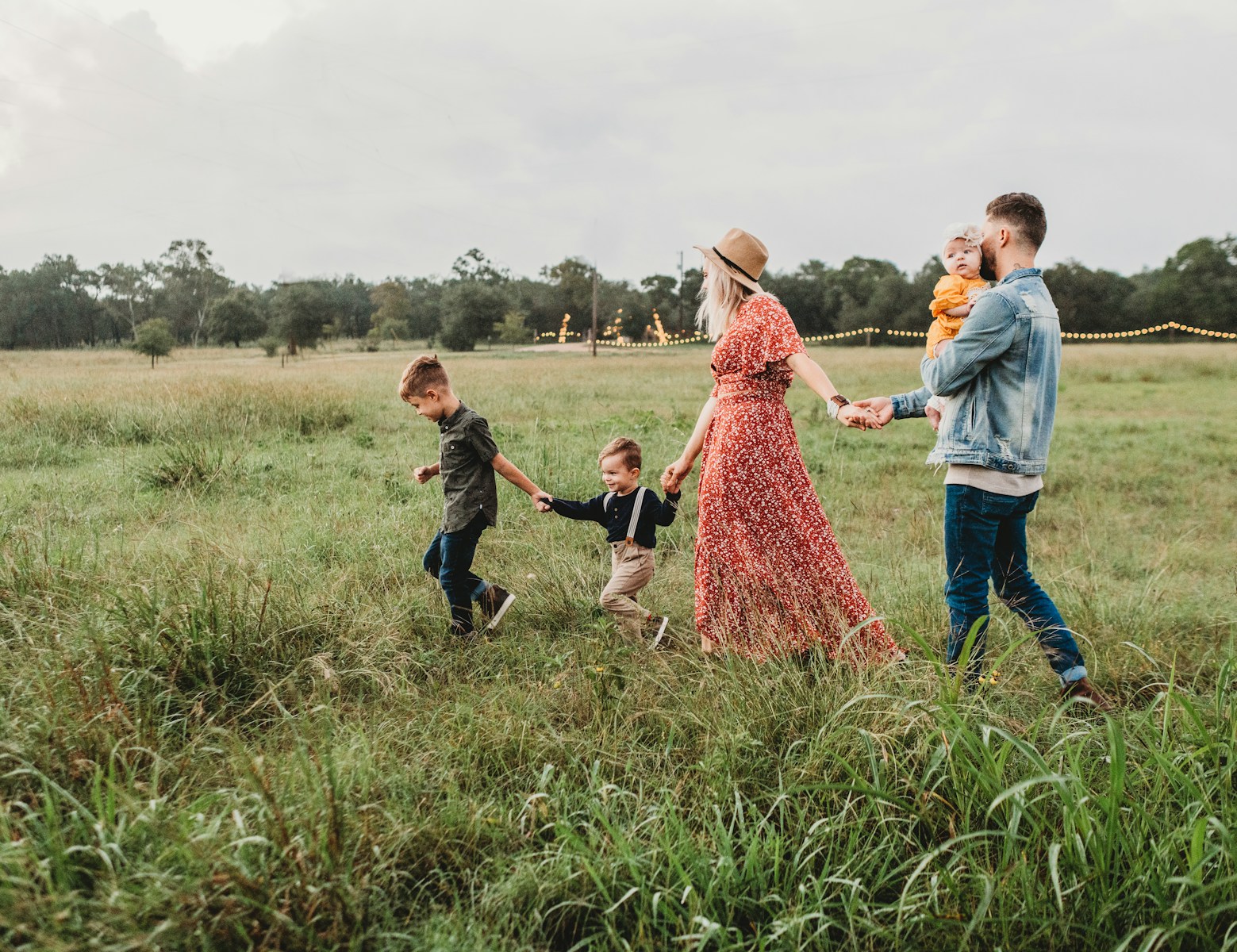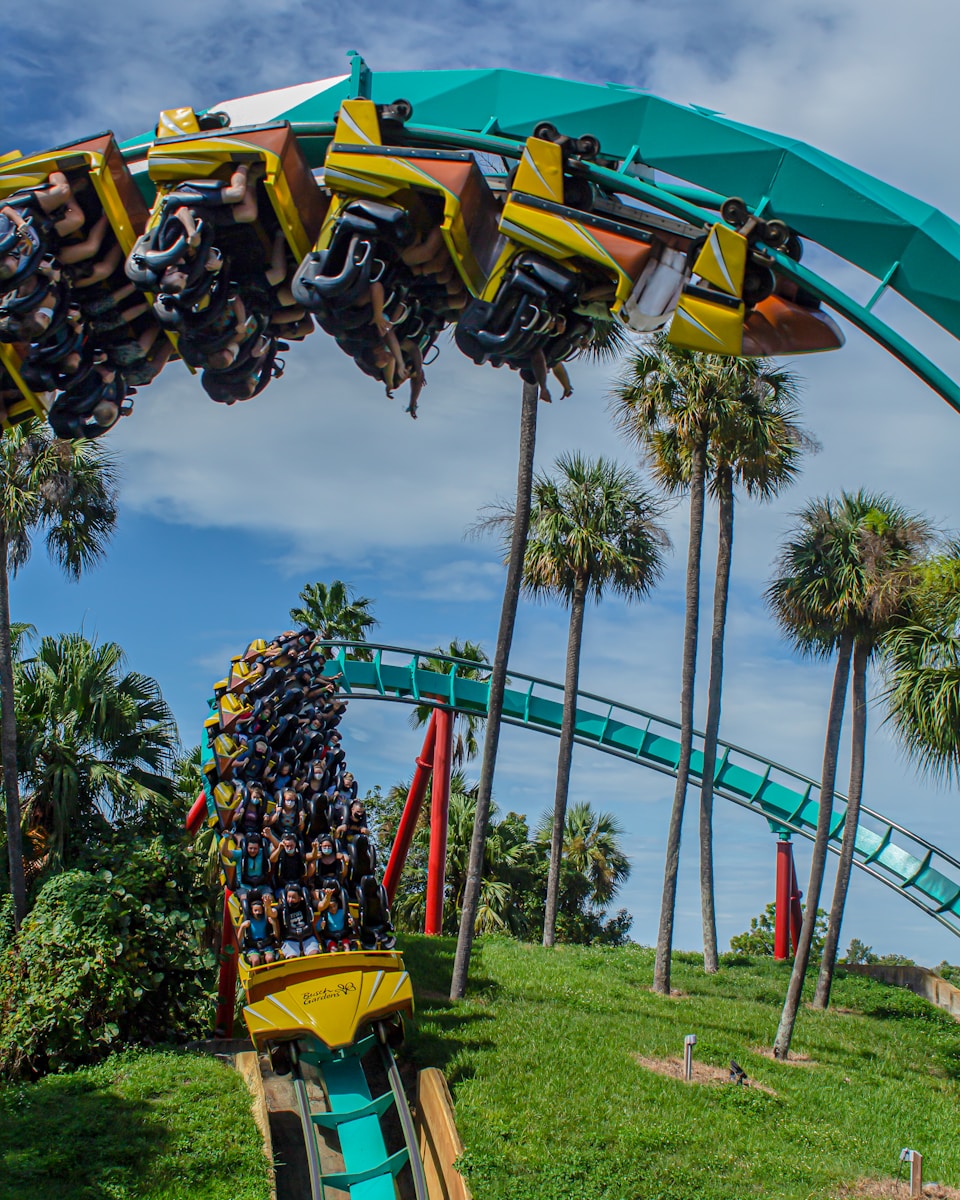Taking your foster children on a day trip can be an exciting adventure, but it also requires some planning and preparation to ensure it goes smoothly. If you try and leave the house without any additional planning, chances are high that something important will be forgotten or you’ll end up with the wrong pieces of kit.
The younger your foster children are, the more important it is to be a ruthless planner. Here are 9 useful tips for planning a successful and fun day trip with children that will create lasting memories and avoid logistical nightmares.
1. Choose an Age-Appropriate Destination
Whatever the age of the children you are fostering, pick a place that has activities, displays or attractions that are suitable for the ages and interests of your children. Do ample research beforehand to get a good sense of what is offered and if it will hold their attention. Read reviews by other parents and carers.
An interactive children’s museum such as Eureka! Near Halifax is ideal for younger kids, while older ones may enjoy an outdoor adventure park like Alton Towers or a historical site that allows them to explore more independently. Always check the age recommendations, height restrictions, accessibility features, stroller policies and any minimum requirements.
2. Pack Supplies
Make a list of everything you’ll need for the day and pack it in advance. Bring snacks, water bottles, juices, sunscreen, hats, spare clothes, baby supplies, medications, a first aid kit, wet wipes, tissues, hand sanitiser and other essentials. Pack activities like colouring books, reading books, small toys, fidgets and games to use if the children get bored during downtimes like long rides or waiting in lines.
Consider child-sized backpacks or rolling suitcases for older kids to carry their own supplies and feel independent. They’ll enjoy having a bag with their toys and special things inside. Just make sure you keep an eye on it each time you stop, in case it ends up being left behind.
3. Dress for Comfort
Have kids wear comfortable, weather-appropriate clothing and shoes they can walk in all day without getting blisters or overheating. Choose layers that can be added or removed easily as the temperature changes throughout the day from morning to night. Bring extra socks, underwear, pants, shorts, shirts and an extra outfit for accidents, spills, or getting wet or dirty while playing.
This is really important if you have a beach day planned. Kids tend to get wet and messy at the beach and it’s much easier if you have some clean clothes for them to change into before they get back in the car to go home.
4. Limit Baggage
Only take what you really need for the day. Leave bulky strollers, wheelchairs, and unnecessary gear at home if the children are old enough to walk and lightweight umbrella strollers are available at the destination. Packing light and compact backpacks will make the day easier without having to wrangle a lot of heavy bags and supplies from place to place.
Babies are toddlers can be carried in backpacks or slings to make life easier if you are dealing with lots of stairs or uneven ground. Pack essentials in a rucksack rather than a shoulder bag, to make it easier to carry.
5. Check for Deals
If tickets are involved, try to buy them in advance, as many attractions charge extra for tickets bought on the day. At Alton Towers, for example, online tickets bought in advance are a whopping 50% cheaper than those bought on the day from the ticket office!
Look for discounts on admission, combo tickets, kids eat free deals, or coupons online before you go. Call ahead for group rates as well, especially if you have a large family. Check if certain days or times of the week may be cheaper.
6. Feed the Kids Before Leaving
While eating out at a fast food place will always be appealing for kids, it can soon get expensive. Burgers and fries are also unhealthy and not ideal for toddlers.
Have everyone use the bathroom and eat a filling breakfast or lunch at home where food options are guaranteed healthy, inexpensive and familiar. This prevents headaches with trying to find good places to eat out with antsy, hungry kids in an unfamiliar location.
Bring snacks, drinks and spare food to have on hand throughout the day as well. Packets of dried fruit are healthy snacks that will give the kids some extra energy when they are flagging.
7. Bring Entertainment
Load phones or tablets with movies, games and apps to keep kids occupied during long rides in the car or wait times in lines. Bring books, colouring books, small toys, card games and other portable entertainment. Plan group sing-alongs, storytelling, scavenger hunts, alphabet games or travel bingo. Silly games make the journey pass a bit quicker and limit the number of times you are asked “Are we there yet?”.
8. Stick to a Schedule
Have an itinerary for the day but remain flexible. Note opening and closing times, tour schedules, mealtimes, showtimes, parade times, reservation windows and anything time-dependent. Adjust activities based on little ones’ needs, moods, temperaments and energy levels, but try to stick to nap and meal schedules to avoid major meltdowns.
Have a Plan B in case the weather turns bad or you hit a long traffic delay.
9. Stay Positive
Expect that some things won’t go perfectly as planned. Bring patience, a sense of humour and a laidback attitude. Smile through frustrations and embrace the unexpected adventures. Focus on quality time together, not having a completely smooth trip. Foster children will remember the experience and that you tried your best more than any small hiccups along the way.
The key to a successful day trip with foster children is being organised, prepared and flexible. Choose a child-friendly destination, pack smart, feed them well, bring entertainment options, and expect the unexpected. Focus on creating happy memories, not perfection. With planning and flexibility, a day trip can be a wonderful adventure for the whole family!







